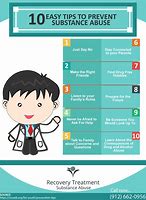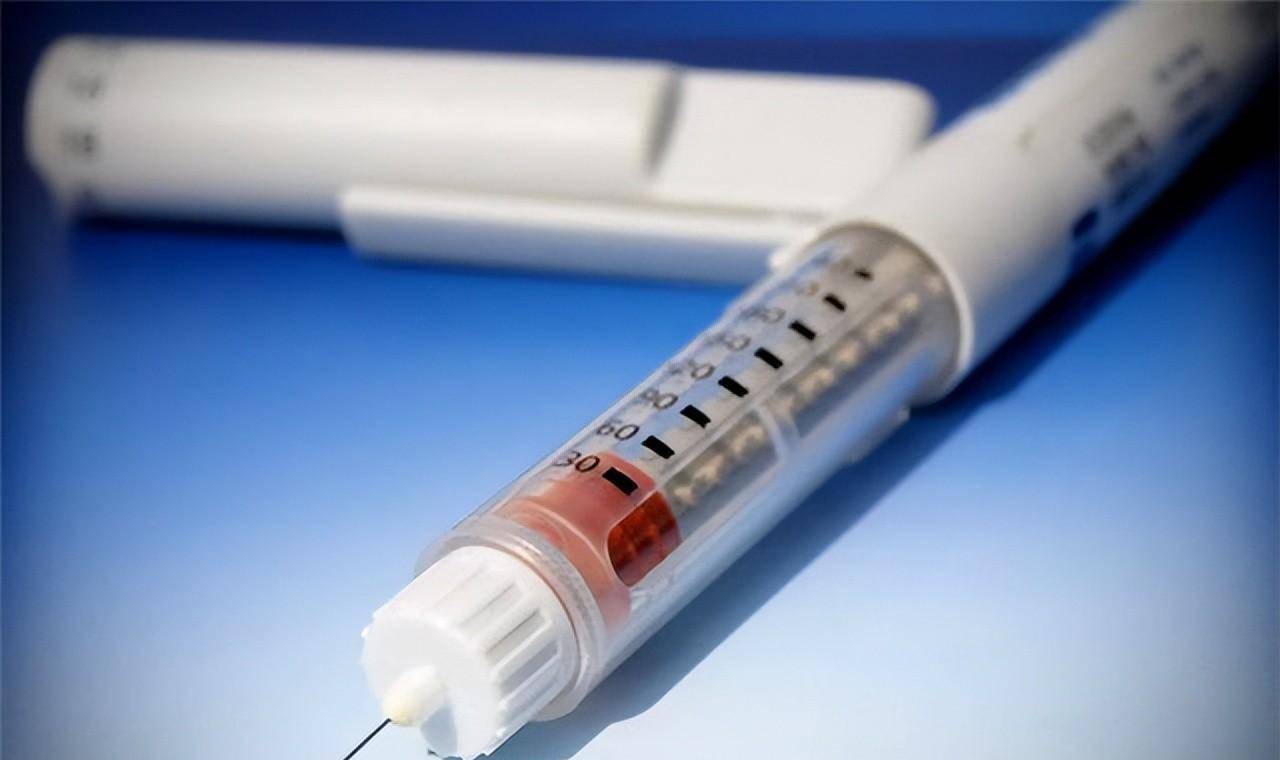Being afraid to exercise with these diseases dispels these rumours
Patients with gout and hyperuricemia are often told, on the advice of their doctors, "Exercise is good medicine for your health, and you must move your body more." However, when it comes to specific ways to exercise, it turns out to be no easy task. This is because, inappropriate forms of exercise can put too much stress on the heart, and there have even been some unfortunate reports of certain at-risk individuals passing away suddenly due to inappropriate forms of exercise. This is very confusing for many gout and hyperuricemia sufferers, who may wonder, "How come exercising makes me feel more pain instead? How do I find that balance that will effectively lower my uric acid and protect my heart at the same time?"

When it comes to the relationship between gout and cardiovascular disease, we have to face the fact that gout does increase the risk of cardiovascular disease. Hyperuricemia, one of the main features of gout, has been proven to be an independent risk factor for cardiovascular disease. It is like an "invisible killer", unknowingly colluding with many traditional cardiovascular risk factors to promote the occurrence, development and deterioration of cardiovascular disease.
You might think that exercise would be a problem for people with gout, but that's not the case. Imagine if you are a patient with hyperuricemia who has been used to a sedentary life for a long time, you may be unknowingly increasing your risk of death. Studies have shown that those with hyperuricemia who are not physically active have a surprising 27% increased risk of death! This means that if you're a man, you could be shortening your life expectancy by 4.3 years as a result, and if you're a woman, you could be shortening it by 5.7 years. What staggering numbers that is!
However, when we turn our attention to hyperuricemic patients who love to exercise, we find a very different picture. They exercise at least 7.5 hours a week, and this surprisingly reduces their risk of death by 11 per cent! Not only that, but their overall life expectancy increased by four to six years as a result. Such results certainly give all gout and hyperuricemia patients a clear signal: exercise, is an important way to reduce risk and extend life. However, different conditions may require different exercise regimens, so it is important to tailor your exercise choices to the individual.

For gout patients with cardiovascular disease, the topic of exercise may be even more sensitive and tricky. However, I will tell you that such patients can also fully enjoy the fun and benefits of exercise! However, you will need a more detailed and personalized exercise regimen than the average gout patient.
Imagine you are jogging on a trail in the park, with the sun shining on you and the breeze gently brushing your face. However, you may be a little concerned when you find your heart beating fast and your breathing short. At this time, if you wear a heart rate detecting watch, it will be like a sweet little assistant, always keeping an eye on your heart rate changes. Once your heart rate is too fast, it will send out prompts in time, telling you that you need to adjust the intensity of exercise or stop to rest. Of course, relying solely on a heart rate detection watch is not enough. Everyone's cardiovascular condition is unique, so exercise under the guidance of a cardiac rehabilitation physician. They will create a personalized exercise program for you based on your specific situation, taking into account several factors, including your age, condition, and physical fitness. This program will specify in detail the type of exercise you should do, the intensity of exercise, the duration of exercise, etc., to ensure that you enjoy your exercise while maximizing your heart health.

So don't be afraid to exercise even if you have any of the above conditions, know that proper exercise is good for your health, but don't exercise blindly, strenuous exercise can cause bad effects.
(Writer:Hoock)





